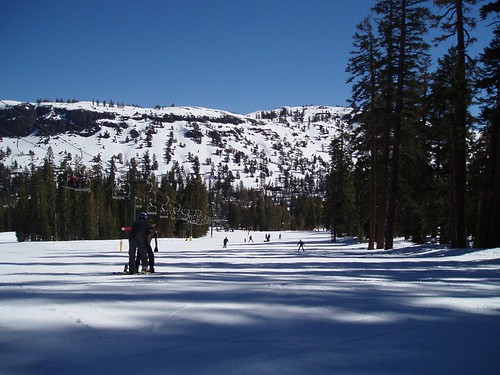There are three ways to make money on the Web, hosting, referrals, and transactions, and this is the game the big guys play (Google, MSFT, Yahoo!, AOL, IAC).
Hosting
You make money on the Web by hosting content, people's content that they give you (like email, videos, work products) or content that you create or license. ISPs make money this way by hosting people's web sites, email, files, and other services. You can monetize hosting of this content either via subscriptions, people pay to access that content, or people pay to put stuff on servers you provide.
This is a basic idea, but most (probably the majority) users don't understand the notion of "hosting". It would be great if this was simplified and understood — people inside the industry call it "the cloud" but still hard to grok for most people.
The game is to host the most stuff. The company that can host the most stuff or be the best host wins the game. Part of the game is knowing what to host, e.g. videos or photos, or people's work.
Referrals
Referrals is advertising either through banners/buttons/text ads or contextual sponsorship within the content itself. The majority of companies make their money here including Google, Yahoo!, Digg.com, etc. Does not need much more explaining except that the big winners here are those who own the ad network and the direct relationship with the individual advertisers. If you're going into this business, you're likely not going to have direct advertisers and you'll need to partner with an ad network like Google, Yahoo, AOL, MSN, or a smaller network (e.g. Double Click, I'd need more examples here).
Transactions
Transactional business models are less common but includes PayPal and eBay and iTunes where companies take a percentage for the transactions you make. Outside of iTunes, micro-payments haven't made it yet (it may not ever).
—
A few notes:
- Amazon follows the business models above but they're known more for their "catalog" business model which is very much a traditional bricks and mortar model. They were just able to kick it up several notches because the Web makes for a better catalog viewer.
- How you make money on the Web will be based off of one of the three — hosting, referrals, or transactions, or a combination of the three.




